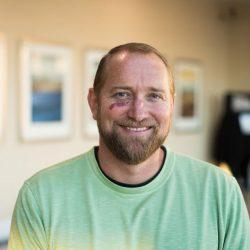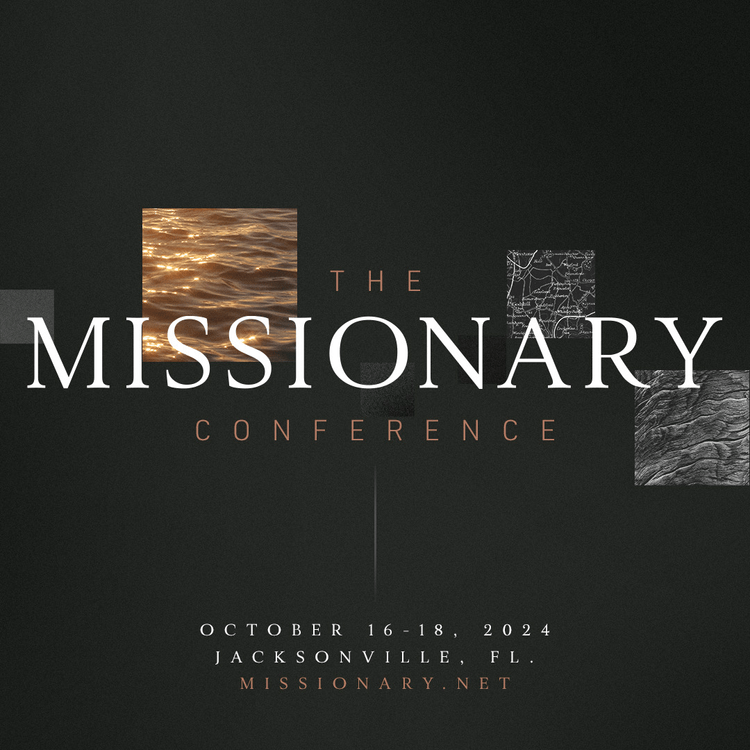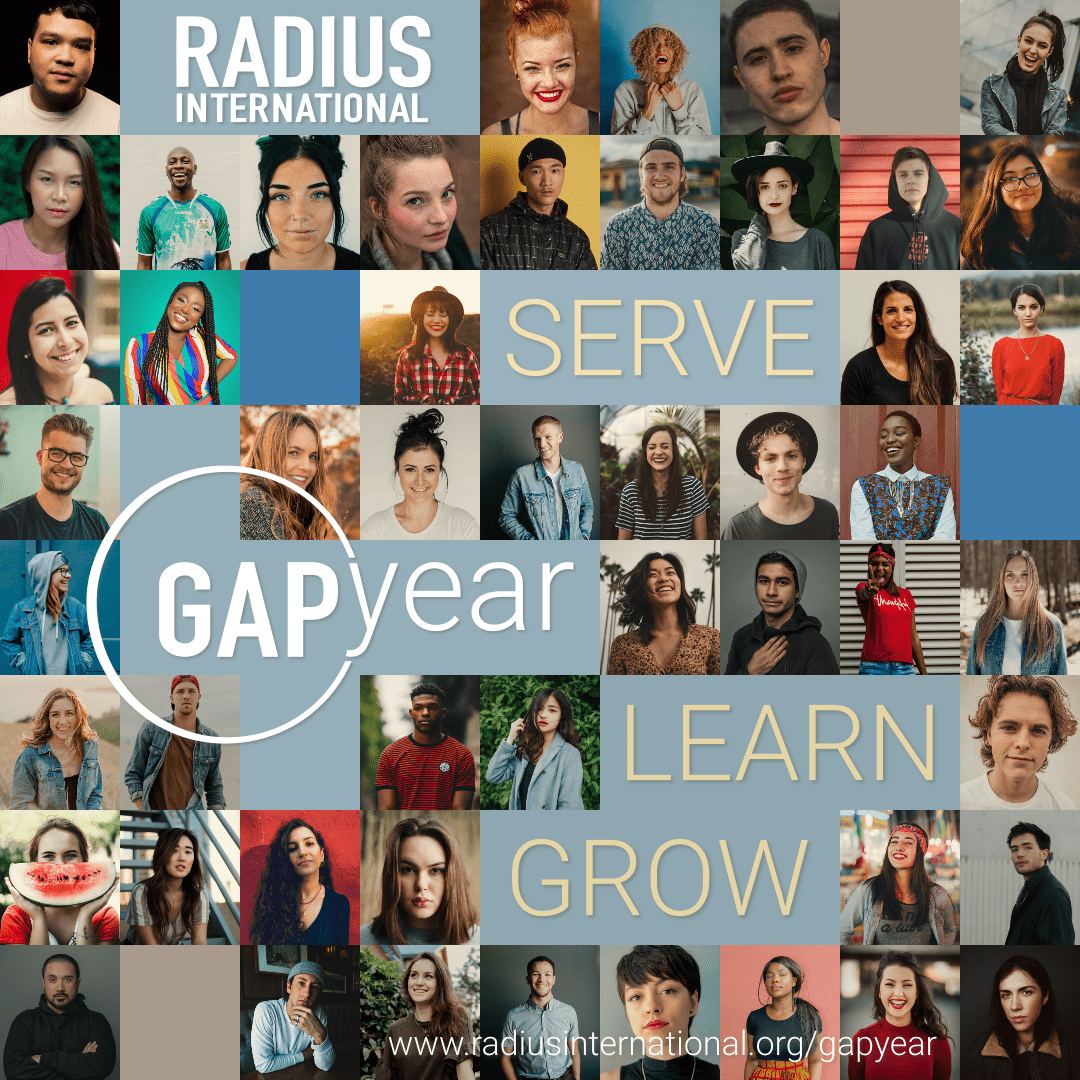If I were 18 years old, wanting to go to the mission field, and wanting to go to an unreached language group (ULG), what should I know and do before I go? More and more I am getting this question. Sometimes I am hearing this from aspiring missionaries, more often from their pastors and parents. What would be the best use of the coming years to give these aspiring missionaries the best chance overseas? The following would be my answer.
1. Be a Faithful Member of a Gospel Preaching Church
God made Christians to live in community. We are saved individually from our sins, but we are saved into a community, into a tribe, into a body, into a group that shares our same eternal hope. That group is called the Church. Missionaries tend to be hard chargers, especially missionaries to unreached language groups. This is a good thing. But the downside is that this kind of individual or couple can fall into the thinking that they don’t need the church. But the Bible and church history know nothing of missionaries who were not first faithful church members. Be faithful in a local church before you go.
2. Get a College Degree
Most of the unreached language groups today are in “closed” countries. These are countries that you can’t say you’re a missionary and get a visa to enter. You usually need to have a job or be part of a business to get into those countries. A degree helps you in that way. Also, 4 years to get a degree is a big accomplishment and it says you are mature enough to start something significant and finish it. The more mature you are before you go to the field, the better missionary you will be.
3. Try to Get to the Field Before You Turn 34
The last unreached language groups are the last ones for a reason. Sometimes it’s because they are in “closed” countries or in hard-to-reach geographic locations. Often though, it’s because their languages are hard to learn. The older you get, the harder it is to learn a language. That’s not an opinion it’s a fact. While it would be awesome to send out seasoned 40 and 50-year-olds for missions they would likely hit a brick wall when it comes to learning a language. Get going on your training, whether that’s college, seminary, or specialized missionary training, and try to get to the field before 34.[1]
4. Read Missionary Biographies
If you’re going to an unreached language group read good biographies of those who have gone before you. Beauty for Ashes (the life of Amy Carmichael), To the Golden Shore (the life of Adoniram Judson), Five Pioneer Missionaries (an excellent book for single guys), The Autobiography of John Paton, The St. Andrews Seven (how a good teacher affects missionaries), 27 Servants of Sovereign Joy (27 short biographies) are all wonderful additions to an aspiring missionary’s training. Missionary biographies have this unusual power to strengthen the resolve of people reading them. If you want to have steel put into your spine and be reminded that our God will build his church and the gates of hell will not prevail against it read missionary biographies.
5. Get Specific Training for Unreached Language Groups
My church in San Diego has a large number of Navy SEALs and aspiring Navy SEALs that are members. The stories of what they put them through in training are quite daunting. But the older men in the group, the ones who have been down range, say the training is absolutely necessary because of what is asked of them on real-world missions. Missions to ULGs are no different. The harder the task the more specialized training is needed, and ULGs are as hard as it gets. Serious training for reaching unreached language groups MUST include Language and Culture Acquisition, Cross-cultural Church Planting, Theology of Suffering, High-Stress Marriage and Parenting, Teamwork, Business for Missions, Bible Translation, Phonetics, Phonemics, and Linguistics. If you don’t know these topics well before you go to the field it’s tough to see how you make it on the field.
6. Know your Bible
I’ve heard Carl Trueman say, “Missions is usually the cutting edge of heresy.” I think he’s right. Missions is where the “new” and the “creative” are highly esteemed. And if it’s “creative” in relation to getting a visa, establishing a business, and staying in country that’s great. But if it’s “creative” when it comes to the gospel and church planting then there are a host of problems that follow closely behind. People who don’t know their Bible tend to fall prey to the “creative” faster than any other group of people. Know your Bible first by being in a good Bible preaching church, second by taking classes in college or seminary (especially ones that are serious about missions to ULGs), and third by being a student of church history and historic church doctrine. If you know your Bible well you will stand up to pressures from outside the faith, and also from those with good intentions who are inside the faith but are too creative for the gospel and the church’s good.
Martin Lloyd-Jones, the eminent Welsh preacher of the 20th Century, said this; “You will always find that the men whom God has used signally have been those who have studied most, known their Scriptures best, and given time to preparation. The Spirit generally uses a man’s best preparation.”[2]
The last unreached language groups of the world that have no gospel, no disciples, and no churches present great problems to Christians seeking to bring the gospel to them. But our God has sheep even in those far off sheep pens. An aspiring missionary who is prepared well can be the most usable tool in the King’s hands for reaching those sheep that our God has already claimed as His.
[1] 34 is the age that most people’s language acquisition ability starts to fade. There are a variety of factors that extend it, but the norm is 34.
[2] Iain H. Murray, The Life of Martyn Lloyd-Jones, (The Banner of Truth Trust, Edinburgh, UK, 2013), pg. 102

Brooks Buser
President of Radius International
Brooks and his wife Nina planted a church among the Yembiyembi people in Papua New Guinea. Now Brooks serves as the president of Radius International, training future church planters.




